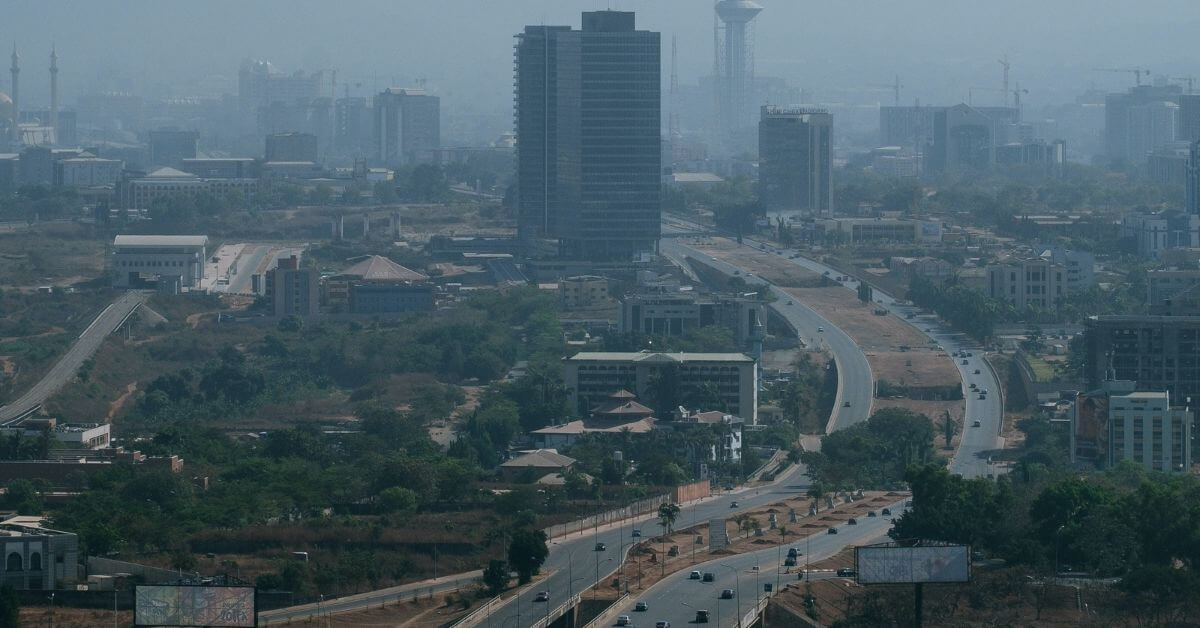The essence of Nigeria’s diverse landscapes and cultures can be seen on the road trip from the busy city of Lagos to the capital city of Abuja.
The journey presents a rare chance to observe the change from Lagos’ vibrant urban environment to Abuja’s administrative and political center.
This in-depth guide will examine the typical driving time between Lagos and Abuja, offering details on the distance, the state of the roads, and other variables that affect the length of the trip.
Average Road Distance and Travel Time
Approximately 670 kilometers (416 miles) separate Lagos and Abuja by road, making it a lengthy trip that passes through several states in Nigeria.
This road trip typically takes between 10 and 12 hours to complete, depending on a number of variables like the state of the roads, traffic, the time of day, and the route you decide to take.
Lagos to Abuja Route Navigation
- Leave from Lagos
You will travel through the congested streets and highways of Lagos as your starting point.
The first leg of the journey might involve negotiating urban intersections and traffic.
- Cities and Towns You Pass Through
You’ll pass through towns and cities like Ibadan, Oyo, Ilorin, and others as you travel further away from Lagos.
Every stop offers a glimpse into everyday life, cultural diversity, and the distinctive features of the areas.
- Getting to Abuja
You’ll notice a change from the bustling cityscape to the calmer surroundings of the capital as you get closer to Abuja.
A smooth arrival is guaranteed by the well-maintained infrastructure and roads in the Abuja area.
Travel Time Influencing Factors
- Traffic Situations
Travel time may be impacted by the condition of the nearby roads.
Highways that are well-maintained typically allow for smoother, faster travel, whereas sections that need repair or have potholes may cause travel time to increase.
- Congestion in the traffic
Heavy traffic can be present in urban areas, at intersections, and at toll booths, particularly during rush hours.
You can avoid traffic delays by leaving early or by selecting off-peak travel times.
- Choice of Route
For the trip from Lagos to Abuja, a variety of routes are available, each with a unique travel time.
The route you choose, such as the Ilorin-Mokwa route or the Lokoja-Abuja route, can affect how long it takes you to get there.
How to Maximize Your Road Trip
- Select a Time for Departure
To avoid traffic and benefit from daylight hours, think about beginning your trip early in the morning.
If you plan well, you can arrive in Abuja before it gets dark.
- Essentials to bring
Make sure you have the necessities, including a working driver’s license, your vehicle’s paperwork, a first aid kit, water, snacks, and a GPS.
A more enjoyable journey is facilitated by staying hydrated and organized.
- Taking Breaks and Rest Stops
Include rest stops in your route so you can stretch, eat, and rest when needed.
These pit stops give you a chance to rest and take in the local sights.
Addressing Frequently Asked Questions:
- When should I travel in order to avoid traffic?
You can avoid heavy traffic congestion by traveling during off-peak times, such as early in the morning or late at night, especially in urban areas.
- Does the route have any tolls?
On the Lagos-Abuja route, there are toll booths.
Be ready to pay tolls, which support infrastructure and road maintenance.
- Can I make this trip using public transportation?
Yes, there are public transportation options for the Lagos-Abuja route, including buses and shared taxis.
These options provide a cheap means of transportation, but the amount of time spent traveling may change depending on the number of stops.
- Are there lodging options en route?
Yes, there are towns and cities along the Lagos-Abuja route that provide lodging that ranges from affordable to upscale.
It’s wise to plan ahead and look up and reserve lodging, especially if you intend to stay the night.
Conclusion
Traveling by road from Lagos to Abuja is more than just a trip; it’s an adventure that lets you experience the variety, culture, and landscapes of Nigeria.
The opportunity to witness the transition from Lagos’s commercial center to Abuja’s administrative capital is provided by the average travel time between these two cities.
You can maximize your road trip by scheduling your departure, monitoring the traffic situation, and choosing wise rest stops.
You will not only arrive at your destination as you travel the distance, but you’ll also make memories of an enriching journey that exemplifies the virtues of exploration, adaptability, and the joy of discovery.





